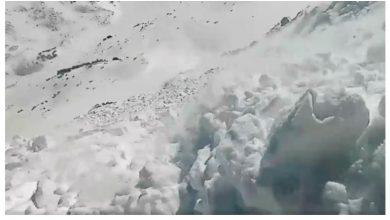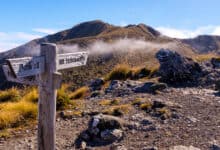Fish & Game calls for Water Conservation Orders to be enforced
ENVIRONMENTAL ????
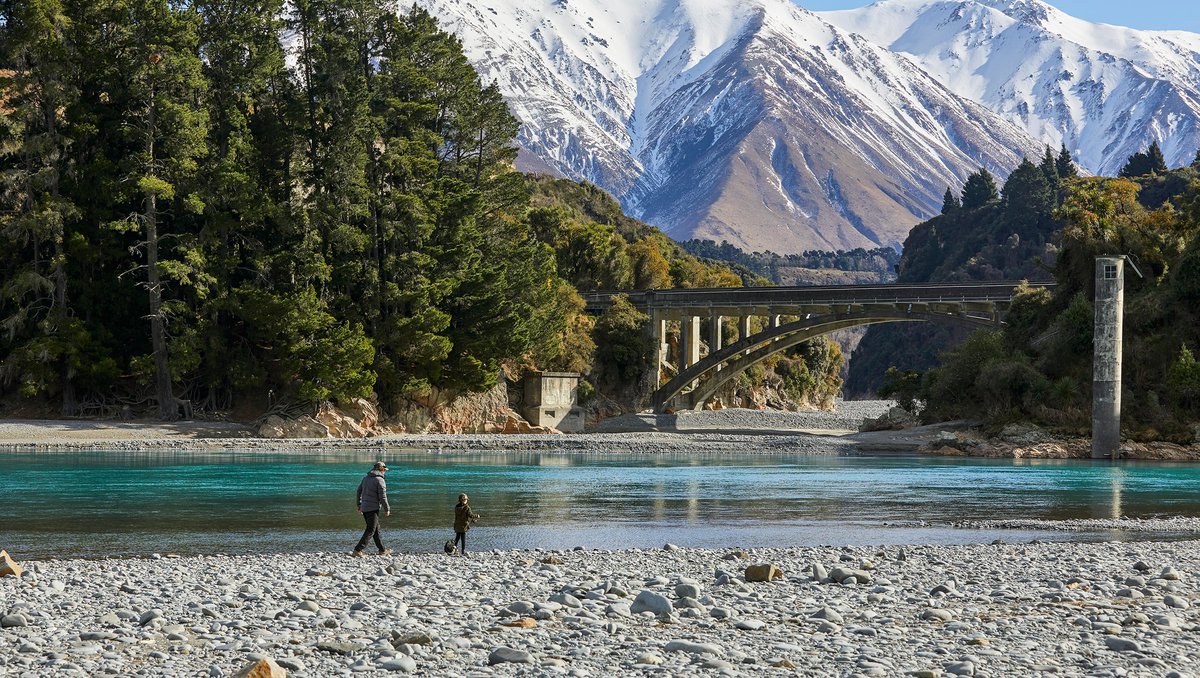
Fish & Game New Zealand is urging regional councils to step up and protect New Zealand’s rivers and lakes by enforcing Water Conservation Orders (WCOs).
WCOs are the highest level of protection that can be afforded to any water body and are designed to protect New Zealand’s most outstanding wild rivers, wetlands and lakes. Fish & Game has been responsible for securing 12 of the 15 WCOs currently in place for 13 rivers and two lakes across the country.
However, Fish & Game is concerned that regional councils are not doing enough to enforce the protection mechanisms that are afforded to WCOs.
The organisation has joined North Canterbury Fish & Game in proceedings involving Environment Canterbury, which is seeking a declaratory judgement from the Environment Court about whether it is legally obliged to monitor and enforce the WCO on the Rakaia River.
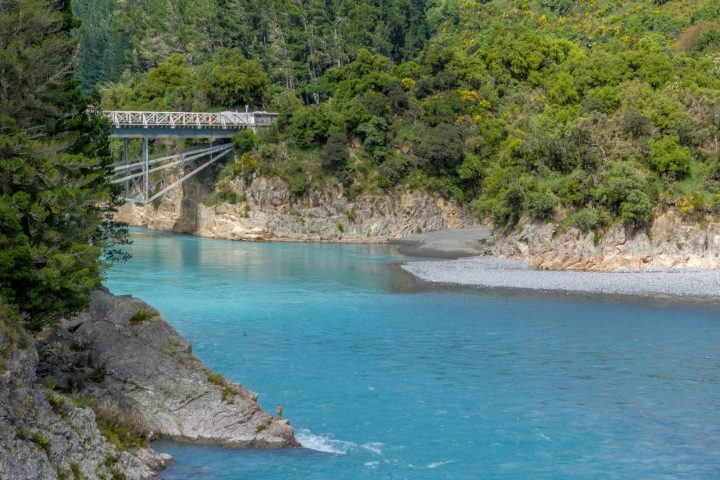
Fish & Game chief executive Corina Jordan says regional councils are statutorily responsible for implementing WCOs.
“Water Conservation Orders are like a National Park on a waterway,” says Jordan.
“They recognise the outstanding value of certain water bodies, including their environmental, ecological and scientific values, recreational, historic, spiritual or cultural purposes, water flows and the character of the water body. These values are intended to be protected in perpetuity for present and future generations of Kiwis.
“Fish & Game believes that the regional councils should be responsible for making sure the WCOs are put into action. They should be required to enshrine that in regional planning and any consents must recognise the values of these outstanding water bodies and ensure they are protected.
“We are finding that regional councils are not meeting these requirements and it is adversely impacting some of our most precious water bodies.
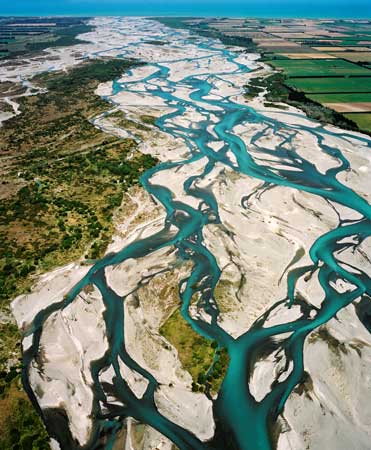
“Without proper enforcement, WCOs are not worth the paper they are written on – in some cases, our rivers and lakes are the equivalent of the Emperor’s new clothes.
“We look forward to the declaratory process in Canterbury confirming who is responsible for implementing WCOs and we want to see legislation to make that responsibility very clear.”
The Rakaia River, one of the largest braided rivers in New Zealand, has been identified as having outstanding in-stream values and characteristics through its WCO, including recreational fisheries, wildlife habitats, natural character and amenity.
However, Jordan says there are indications of impact on the river, including changes in flow. Fish & Game is concerned that adequate monitoring has not been undertaken on changes to the river’s health, despite very significant alterations to land and water use in the catchment.
The WCO for the Rakaia River has been in place since 1988 but a 2013 amendment allows Manawa Energy – formerly Trustpower – to take water from the Rakaia. This is stored in Lake Coleridge, where Manawa has a hydroelectric power scheme. Water not required for that purpose is sold for irrigation.
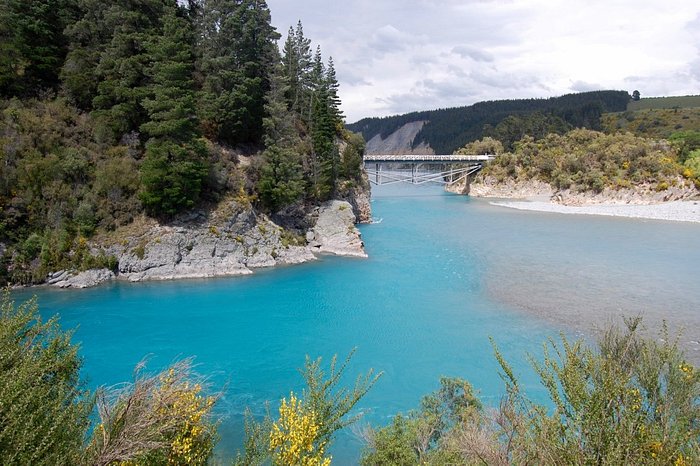
Jordan says the Rakaia is a clear example of lack of enforcement of WCOs but there are also others around the country.
“It depends on the water body and the location. There are a lot of different impacts. Many of the WCOs are for water bodies in pristine indigenous surroundings and are holding their values. But anywhere, for instance, where there are flood mitigation schemes, intensification of land use and industrial takes, where they are not being managed sustainably in accordance with the intent of the law, then we are seeing an impact on those waterways.”
Until 1981, when WCOs were established, there was no mechanism in New Zealand for preserving or protecting any of New Zealand’s outstanding waterways.
“Fish & Game has been the main advocate for WCOs being put in place,” says Jordan. “We have fought long and hard to protect our outstanding water bodies from pollution and exploitation, so they are safe for swimming, gathering food and for fishing, including for salmon and trout.
“This has included advocating for them to be enshrined in the Resource Management Act and in the new Natural and Built Environment Bill.
“WCOs we have successfully advocated for include Otago’s Nevis River, the only habitat of the nationally vulnerable Nevis galaxias native freshwater fish species, which share the same threat status as Hector’s dolphins.
“Fish & Game has a statutory duty to help protect the country’s freshwater bodies and we take that very seriously. We look forward to clarification from the Environment Court, and to those responsible for enforcing WCOs stepping up to fulfil their part in ensuring the future health of these precious resources.”





